
Are you attending the APA Annual Meeting in New Orleans? Here's a preview of one doctor's talk on jazz and racism.

Are you attending the APA Annual Meeting in New Orleans? Here's a preview of one doctor's talk on jazz and racism.

Are you attending APA’s 2022 Annual Meeting in New Orleans? Don’t miss us!

The 2022 Annual Psychiatric Times World CME Conference is coming in August.

Results highlight the impact of education on patient understanding of potential adverse events.

Can a game improve children and adolescents knowledge of the opioid crisis?

According to this study examining sexual minority patients, depression can be a consequence of health and behavioral disparities.
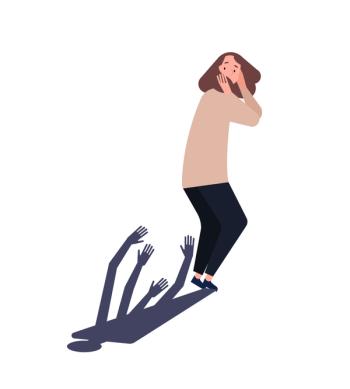
Researchers explore the psychiatric and neurological etiologies of visual hallucinations.

The data on substance use disorders are staggering. What can primary care providers do to help?

In the absence of definitive data, how can primary care providers help prevent suicide and provide compassionate care that promotes quality of life in their patients?
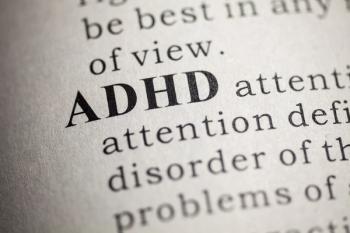
Being able to identify ADHD in medical settings is very important. One doctor will offer some guidelines for diagnosis and treatment.

Primary care providers are increasingly seeing patients who are struggling with mental illness—how can they effectively assist these patients?
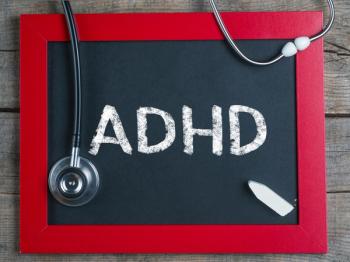
Catch up on all the latest in ADHD from the APSARD virtual 2022 Annual Meeting.
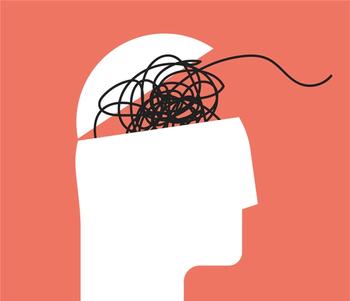
Is ADHD underdiagnosed or overdiagnosed? One doctor emphatically says the former.

You cannot touch mental health impairments, so how best can we measure them? Adaptive testing may be the answer.

Ann Childress, MD, shares insights into ADHD in very young children at the 2022 APSARD Conference.

Psychiatric Times, your go-to source for what is relevant and important in the field, is pleased to share the following highlights from the 2021 Neuroscience Education Institute Congress.

Two transgender women in North Carolina are facing struggles in getting prisons to acknowledge their gender identity. What does this say about care for incarcerated transgender individuals in general?

Check out the National Commission on Correctional Health Care's annual award winners!

How can cultural humility in therapeutic settings improve patient outcomes?

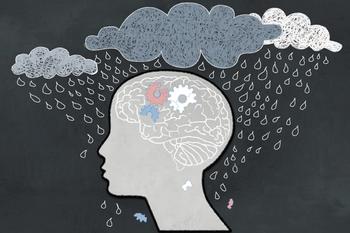
What is the connection between inflammation and mood disorders?

How can you provide affirmative mental health care for transgender and gender diverse patients?

Benzodiazepines: a class of medications that evokes that a visceral reaction.

How do you manage the 4 most common adverse effects of antipsychotic medications?

This case presented as part of the Poster Presentations at the 2021 NEI Congress is a good reminder of the importance of taking a thorough history.

Did you miss the Annual Psychiatric Times World CME Conference? Don't worry, we've got you covered.

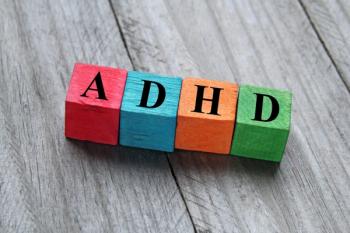
Can mindfulness be an additional therapy to help treat ADHD in children?
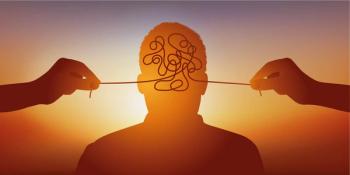
One man shares his suicide survival story, and what he does to aid suicide prevention.

Nearly 80% of eating disorders go undetected. What screening tools can help identify them?